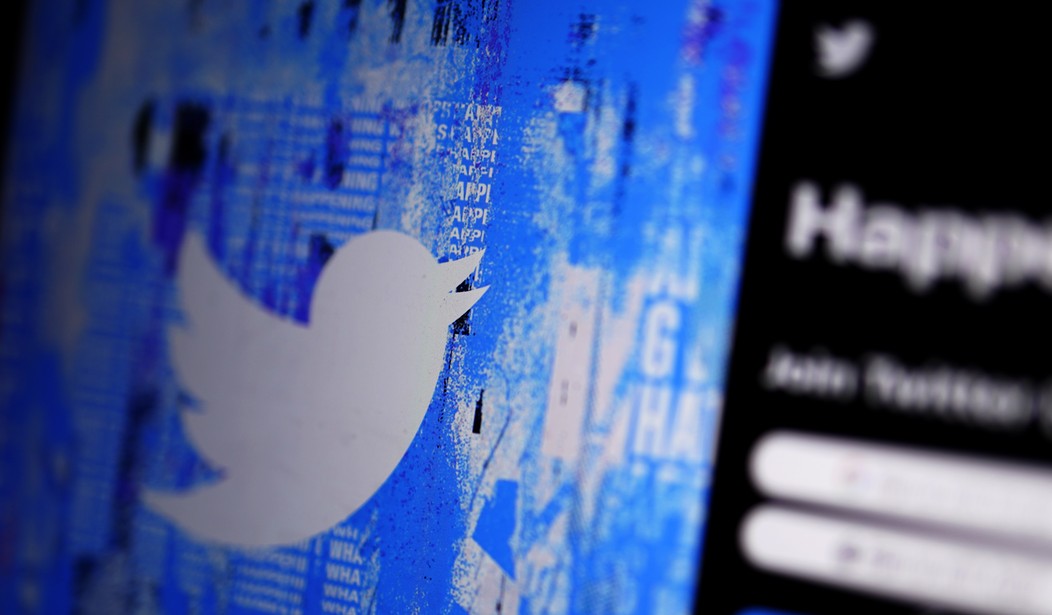When we covered the recent Fifth Circuit Court of Appeals ruling that upheld a law barring social media platforms from censoring primarily conservative speech, I noted that the decision was even more likely to wind up in front of the Supreme Court. That was because the 11th Circuit reached the opposite conclusion in May of 2022 in the case of NetChoice v. Moody. This split between the circuit courts will make it difficult for the Supreme Court to justify refusing the appeal. This week at the Federalist, Margot Cleveland provides a lengthy and in-depth look at the previous cases that have been cited as precedent in this debate and how the Supremes might interpret the differences. The courts have repeatedly considered issues of censorship by private sector actors and their decisions always seem to come down to a question of who is either doing the speaking or being suppressed in their efforts to bring their views to the public.
A Texas law prohibiting social media platforms, such as Twitter and Facebook, from discriminating against users based on their speech does not violate the First Amendment, a federal appellate court held on Friday. Conservatives, whose speech represents the overwhelming target of censorship, are cheering the Fifth Circuit’s decision in NetChoice v. Paxton. A different federal court, however, struck down Florida’s law prohibiting Big Tech from censoring political speech, setting up a Supreme Court review in the near future…
After detailing these five decisions, the Fifth Circuit majority concluded that precedent teaches that for a “speech host” to mount a successful First Amendment challenge, he must show that “the challenged law either (a) compels the host to speak or (b) restricts the host’s own speech.” For instance, in Miami Herald, the challenged law mandated newspapers “speak” by publishing a politician’s response, and in Hurley, the law required the parade organizers to alter the message conveyed by the parade, while in Pacific Gas, the state’s requirement that the utility company dispatch third parties’ newsletters restricted the company’s own ability to speak.
This boils down to the definitions of who qualifies as a “speech host” in the eyes of the courts and who the speakers are. Also of concern is the question of how much control the speech host wields over the potential speakers.
In these cases, the major social media outlets such as Twitter and Facebook are clearly speech hosts. The users of those services are the potential speakers. And as Twitter has shown us repeatedly and vigorously, they have absolute control over whose views wind up being made visible in the digital public square. They can attach warning flags to user posts, labeling them as “potential disinformation” and making them less likely to show up in everyone’s feed. They can lock out specific posts and even suspend or permanently cancel the user’s account, silencing them entirely.
But the issue in question is whether or not users can be empowered to sue the companies for censoring them and if the companies can be compelled to allow the speech on their platforms. As noted in the linked analysis, in order to make this claim on a First Amendment basis, the companies must be able to prove one of two things. Did the law in question compel the host to speak in a way not reflective of their views? Or did the law restrict the host’s ability to speak on their own platform?
Facebook and Twitter don’t really tend to do much “speaking” on their own platforms aside from informational notes to users. The heart of this aspect of the case comes down to whether the speech of the users might be seen as being attributed to the host simply because they own and control the platform. But the speech is being generated externally, so that seems to be a difficult claim to support. Alternately, users have no ability to stop Twitter’s management from posting some tweets when they feel like it.
At the end of this road awaits the censorship question. Clearly, the First Amendment rights of the platform owners are not being impeded. But when they flag, shadow-ban, or simply remove the posts of their users, that speech will not be equally visible to the community. In other words, censorship is the diametric opposite of speech. The users are unable to censor Twitter and Facebook while the social media giants are more than able (and willing) to censor users with unpopular or unapproved opinions. There is no such thing as a “sure thing” when it comes to the Supreme Court, but I suspect that Big Tech may be in for an unpleasant surprise when this decision is finally handed down.








Join the conversation as a VIP Member